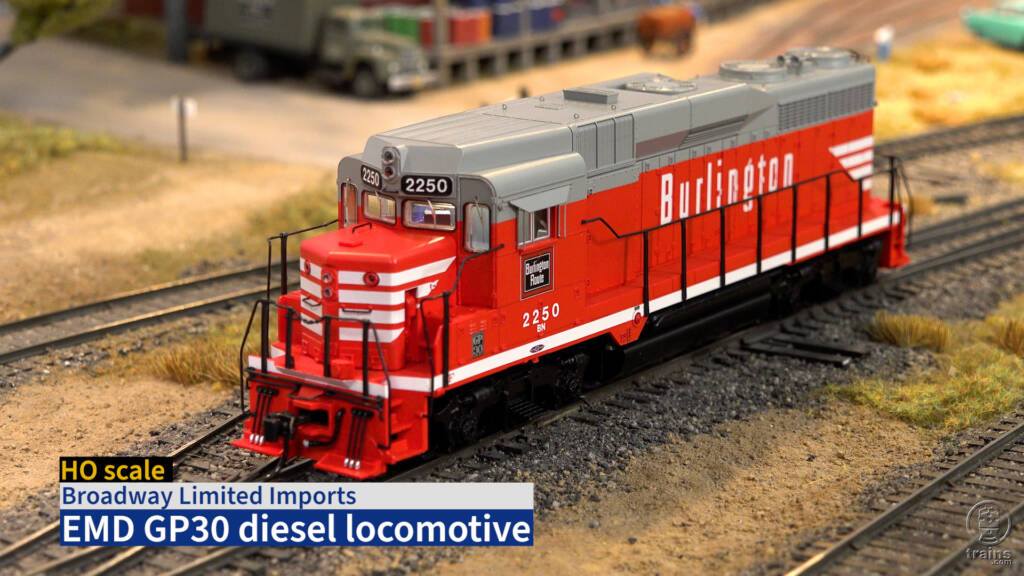
Welcome to our latest product review video. The Broadway Limited HO scale EMD GP30 is back in a colorful assortment of new paint schemes. Join Model Railroader Senior Editor Cody Grivno as he shares a brief history of the Electro-Motive Division road switcher and Burlington Northern No. 2250; points out the various plastic, formed wire, […]
Read More…
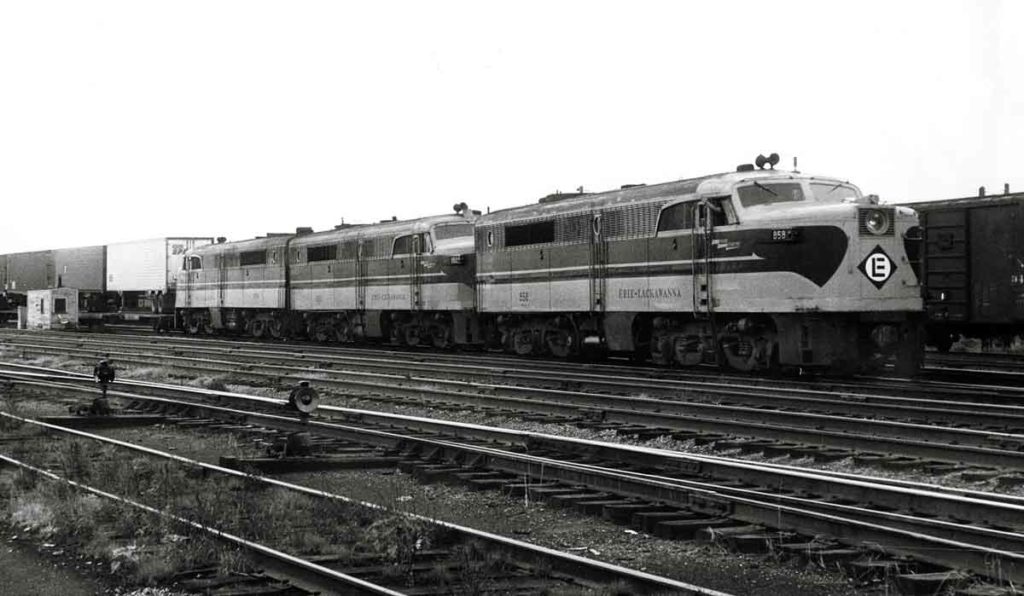
Displaced from more glamorous duties by the decline in passenger service, three Erie Lackawanna PAs lead an eastbound piggyback train through Pullman Junction (Chicago) en route to New York in July 1963. Jim Wozniczka photo […]
Read More…

Welcome to our latest product review video. The Broadway Limited HO scale EMD GP30 is back in a colorful assortment of new paint schemes. Join Model Railroader Senior Editor Cody Grivno as he shares a brief history of the Electro-Motive Division road switcher and Burlington Northern No. 2250; points out the various plastic, formed wire, […]
Read More…
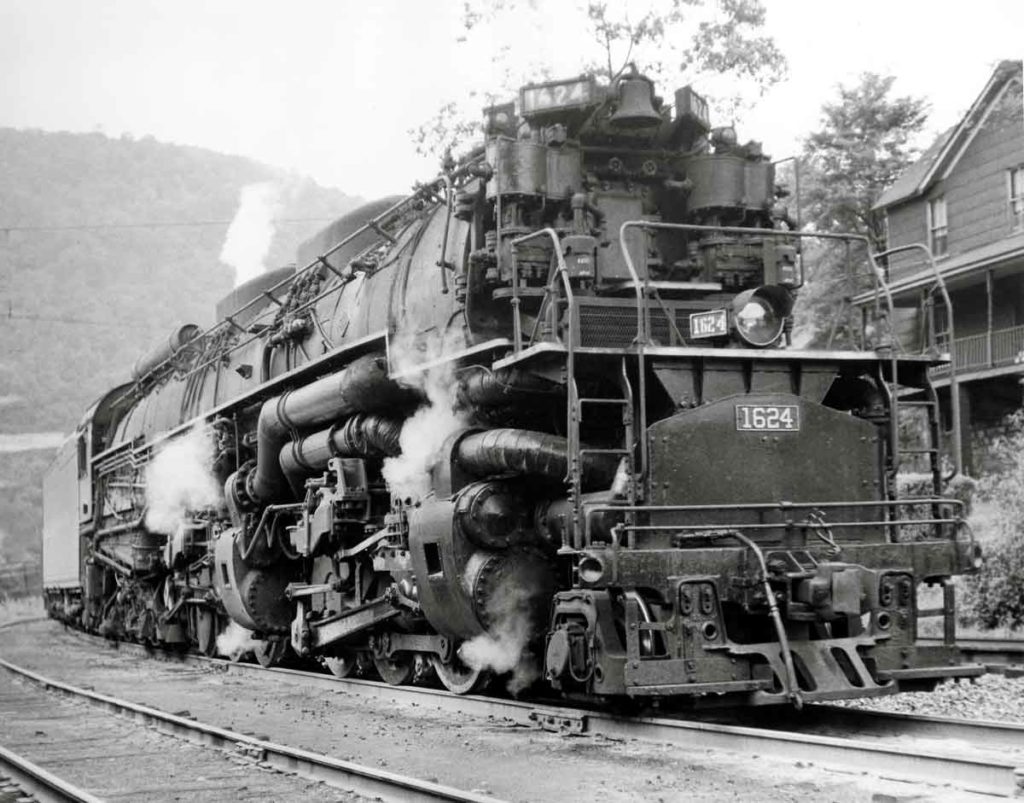
Chesapeake & Ohio 2-6-6-6 1624 has cut off from its eastbound coal train to take sand, coal, and water at Thurmond, W.Va., in September 1955. Philip R. Hastings photo […]
Read More…
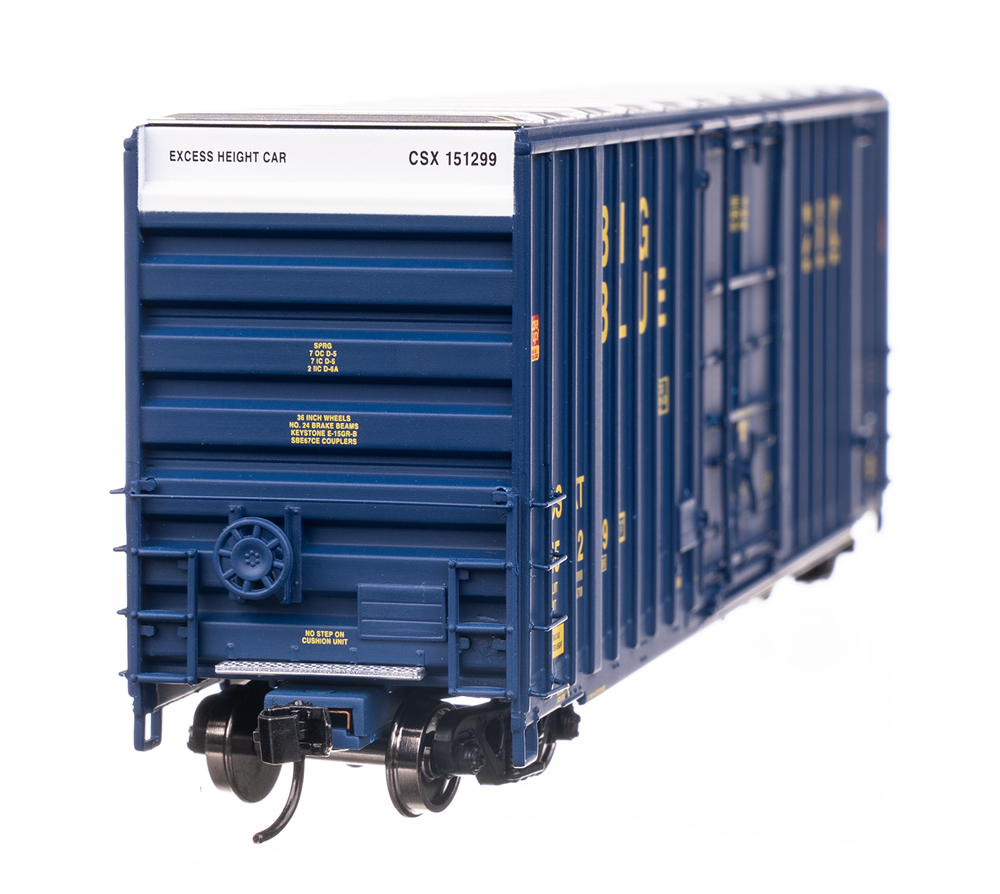
News & Products for the week of February 17th 2025 Model railroad operators and builders can get the latest information about locomotives, freight cars, passenger cars, tools, track, and more by reading Model Railroader’s frequent product updates. The following are the products Model Railroader editors have news on for the week of February 17th, […]
Read More…
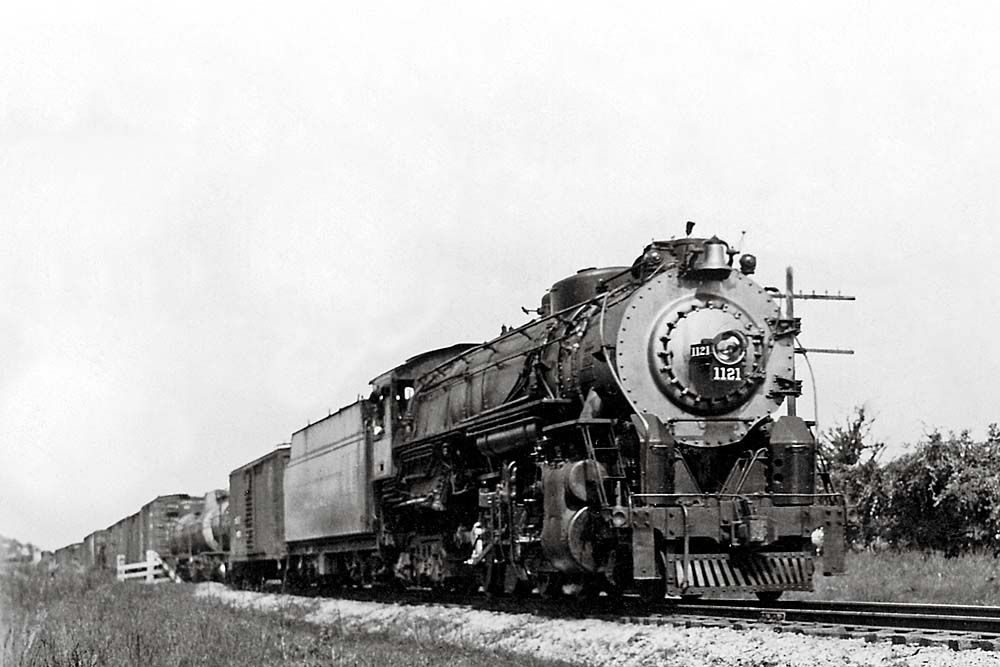
One of the fascinating aspects of being actively involved in firing and running steam locomotives was discovering that each one had its own personality. In the case of a class of engines, sometimes the entire group would demonstrate similar characteristics, but seemingly there would always be one or more in the class that were superior […]
Read More…
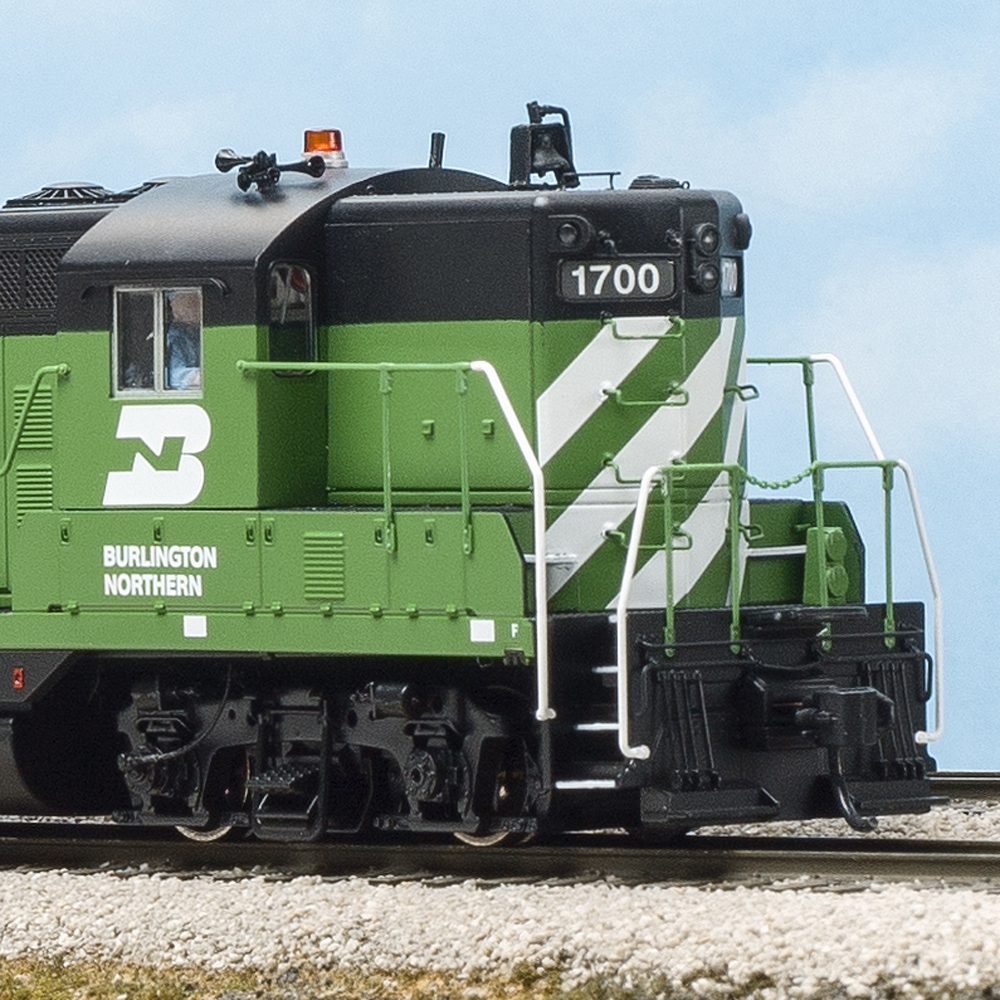
Hobbyists are drawn to specific railroads for a variety of reasons. Perhaps it was the line that served their hometown. Or maybe a relative worked on the railroad. Another reason — with less sentimental attachment — is that they like the paint scheme. The colors applied to diesel locomotives and freight cars are far from […]
Read More…
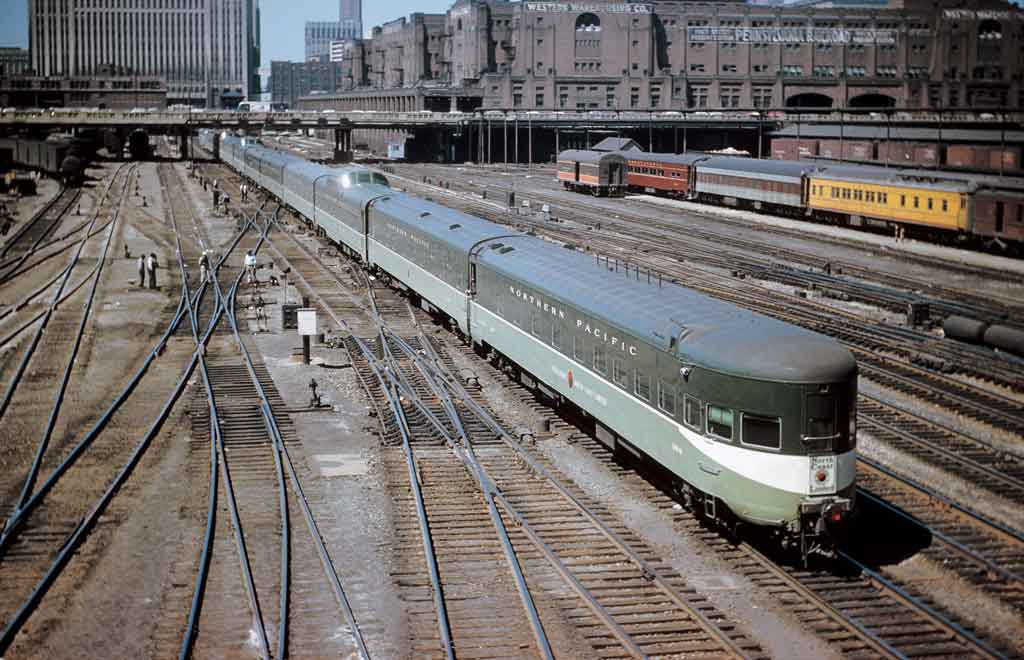
Northern Pacific’s North Coast Limited clatters over the slip switches outside Chicago Union Station at the end of its 2,319-mile run from Seattle in May 1958. The Pennsylvania’s coach yard in the background hosts a variety of stored cars. R. P. Olmsted photo […]
Read More…
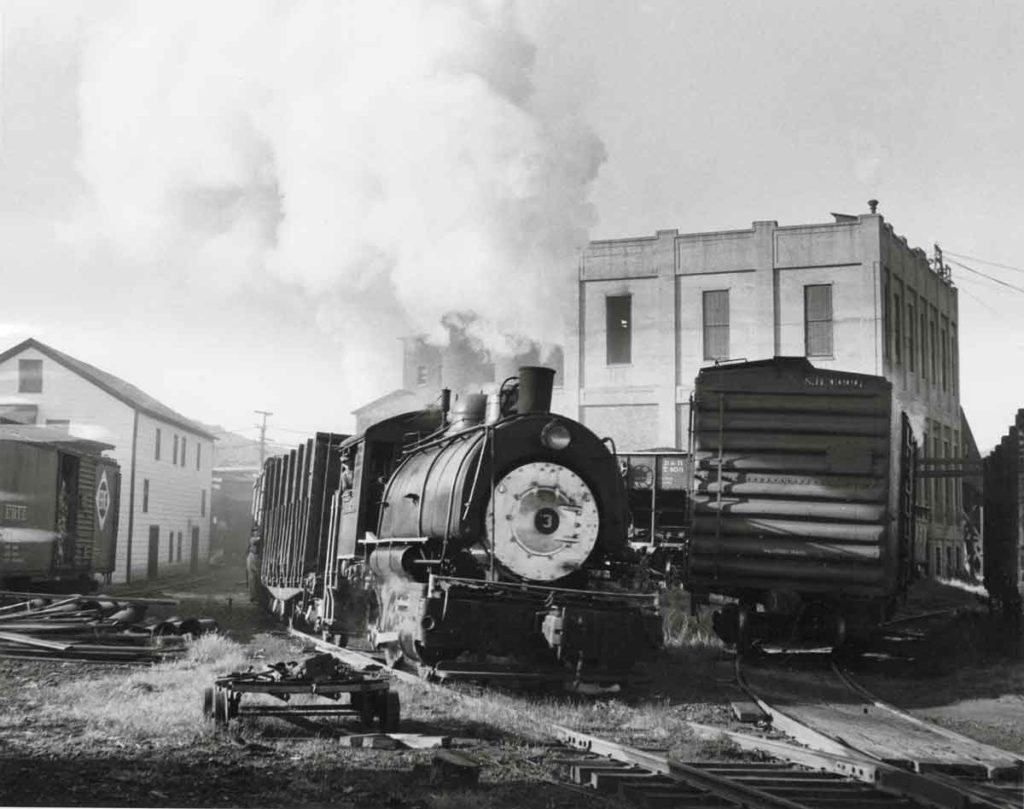
Franconia Paper Co. 0-4-0T No. 3, built by Porter in 1917 for the Watertown (Mass.) Arsenal, putters about the paper company’s plant at Lincoln, N.H., in September 1955. Philip R. Hastings photo […]
Read More…
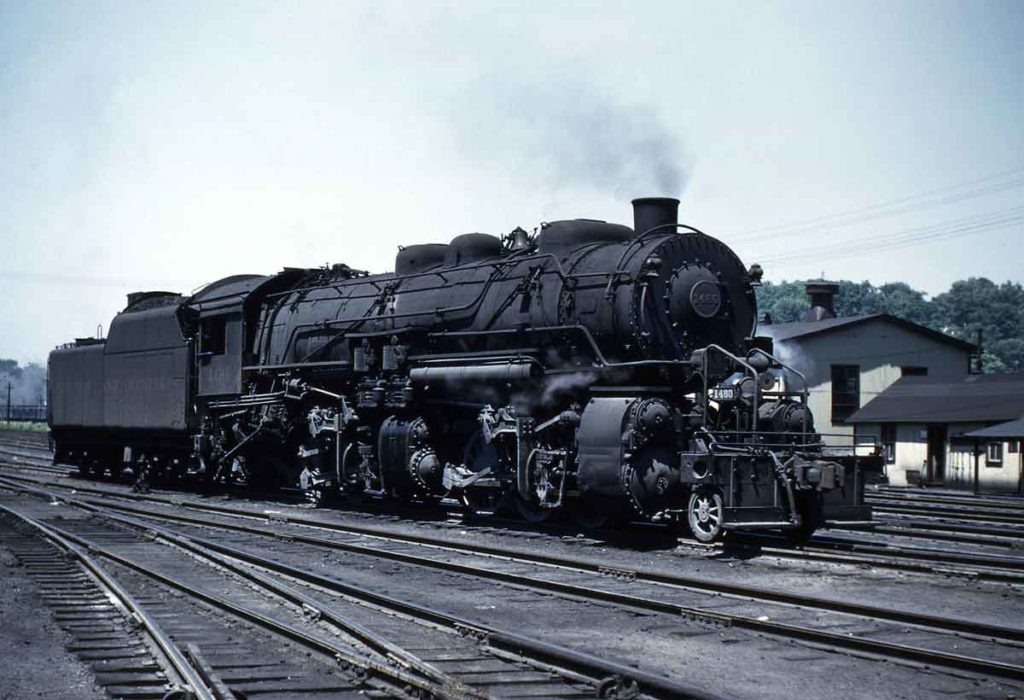
Norfolk & Western class Z1b 2-6-6-2 1480 is at Norton, Va., in May 1952. A decent-sized engine by most standards, the Z1 was small in comparison to N&W’s class Y 2-8-8-2s and A 2-6-6-4s. Ed Theisinger photo […]
Read More…
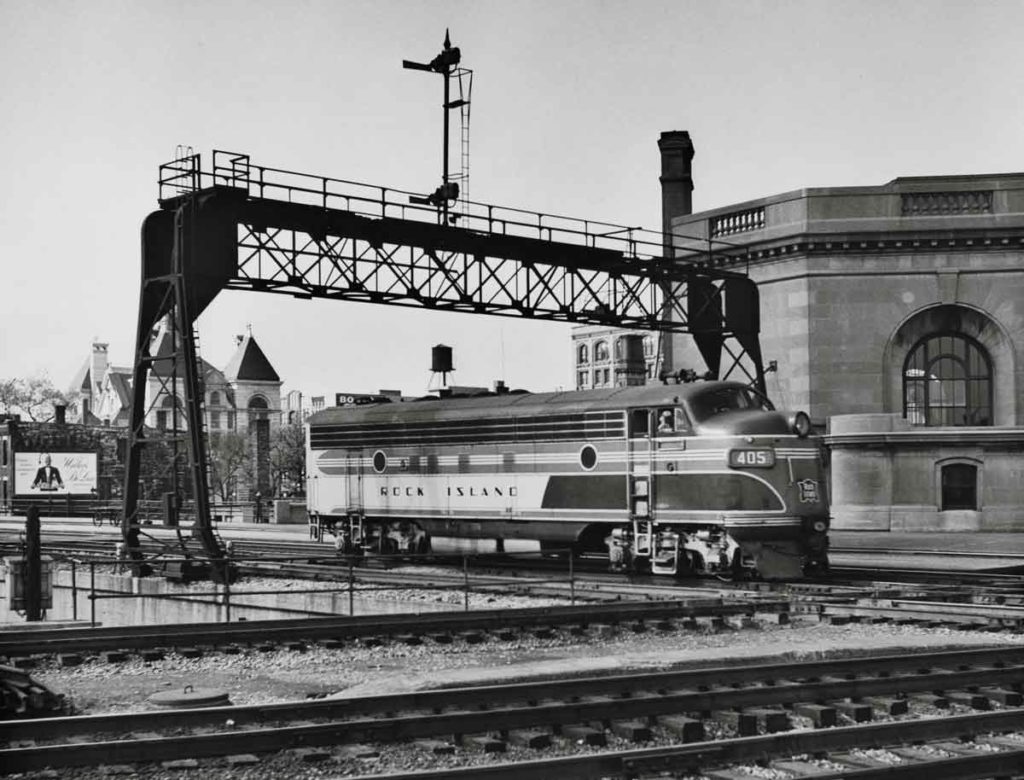
FP7 No. 405 backs past Joliet (Ill.) Union Station to pick up a Rock Island suburban consist for a run into Chicago in fall 1951. Wallace W. Abbey photo […]
Read More…
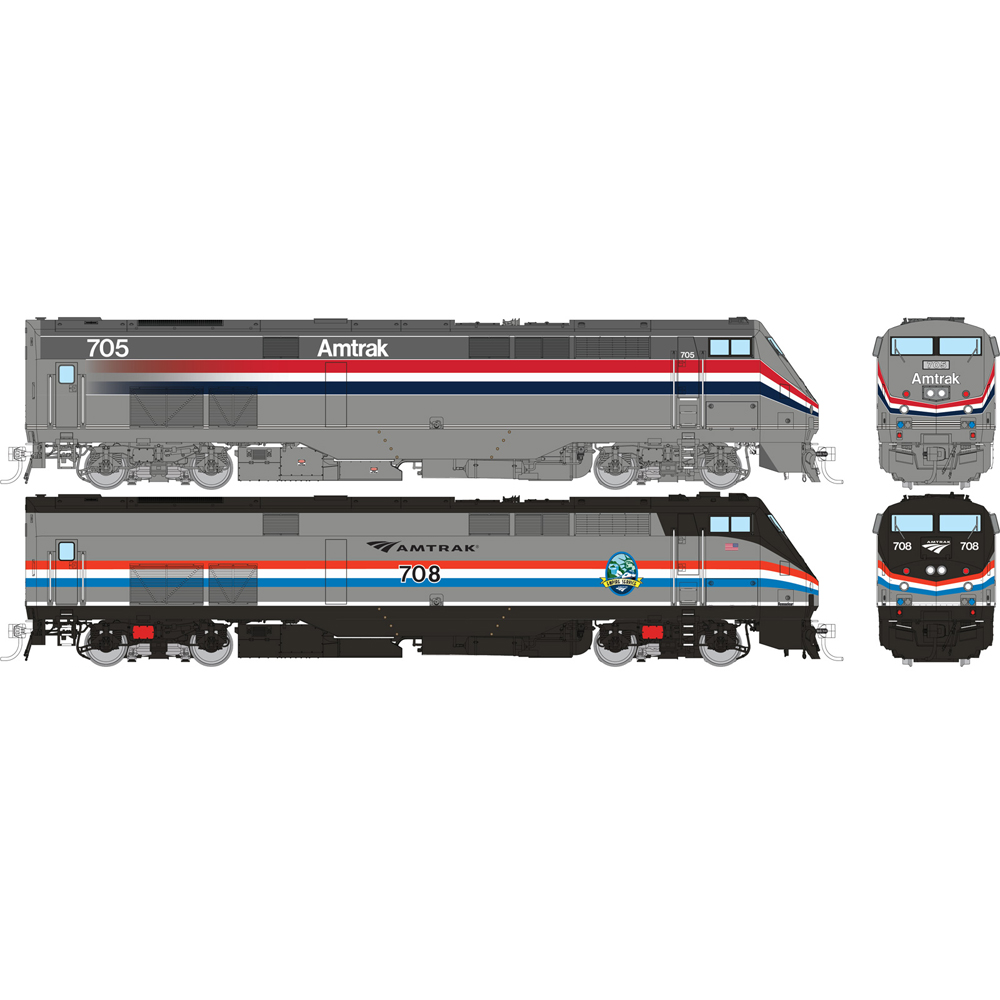
News & Products for the week of February 10th 2025 Model railroad operators and builders can get the latest information about locomotives, freight cars, passenger cars, tools, track, and more by reading Model Railroader’s frequent product updates. The following are the products Model Railroader editors have news on for the week of February 10th, […]
Read More…











